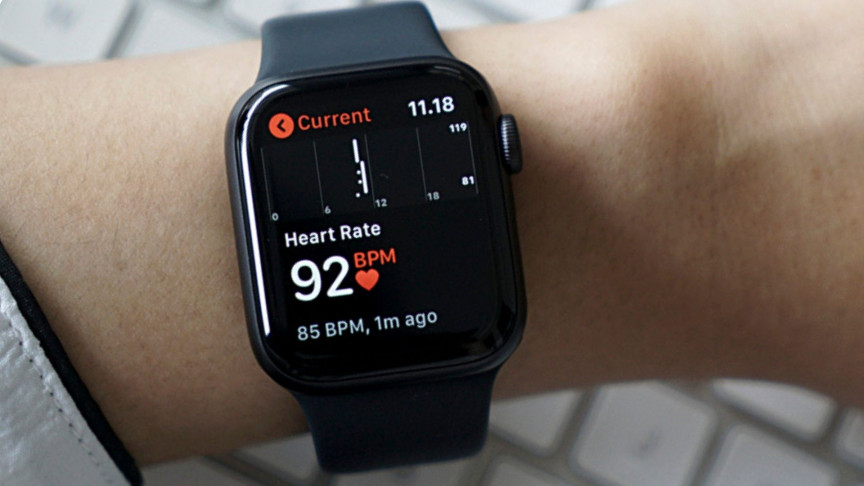This post may refer to COVID-19
To access official information about the coronavirus, access CDC - Centers for Disease Control and Prevention.

interestingengineering.com
Apple Watches and iPhones Help Save Lives by Detecting Heart Conditions
A Stanford study's results indicate that the Apple Watch can accurately process the frailty of a patient. Read all about it here.
Science & Tech
Stanford University has published the results of its study on how the Apple Watch and iPhone could prove useful to remotely track patients' "frailty."
Published in the journal PLOS ONE last week, the study demonstrates how cardiovascular patients could self-assess their frailty at home, sharing the data with healthcare workers.
How frailty was measured using the Apple Watch
The study included monitoring 110 patients who were due to have heart-related procedures,. Each person was monitored over a six month period, and was equipped with an iPhone 7 and an Apple Watch Series 3, which were linked to the specific research VascTrac app, explained Forbes. Some of the data were also captured by the passive Activity option on the devices.
The study found that in the clinic, the iPhone, Apple Watch, and VascTrac app accurately assessed "frailty" with 90 percent sensitivity, and 85 percent specificity. At home and unsupervised, data showed 83 percent sensitivity, and 60 percent specificity.
The study used the six minute test walking test score, or 6MWT, which is commonly used to measure frailty in the health industry, 9to5Mac points out. The 6MWT test score was added to the iPhone and Apple Watch as the standard upon which to evaluate the functional mobility of a patient.
The higher the test scores on the 6MWT, the "healthier cardiac, respiratory, circulatory, and neuromuscular function," of a patient, per Apple via 9to5Mac.
All in all, the study found that the scores from the in-clinic and home settings were both high enough to demonstrate how this method could be used to monitor and evalutate a patient's frailty.
It's easy to see how the Apple Watch, which is already helping detect COVID-19 more accurately and quickly than regular tests, could be accurate at counting specific steps and measuring heart rate and health alongside that.
This method could remove pressure from overworked and overbooked healthcare providers, as well as provide a more comfortable setting for patients to keep an eye on their health.
























































